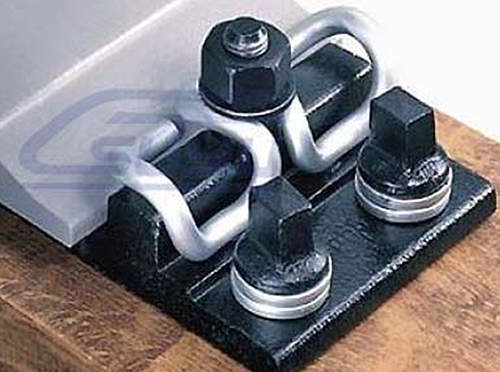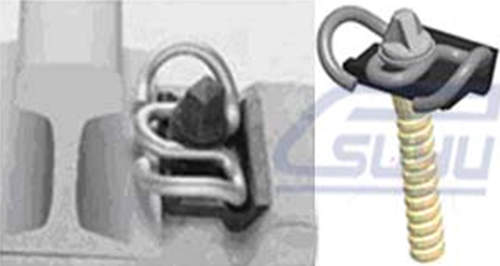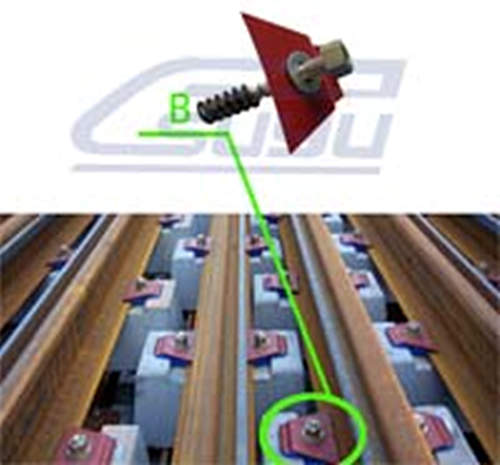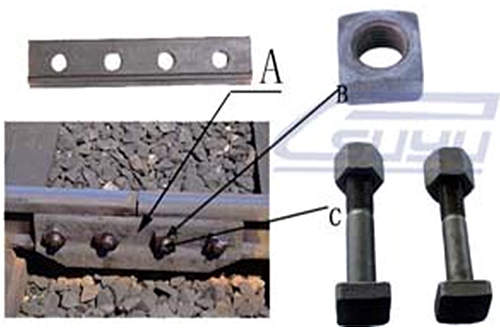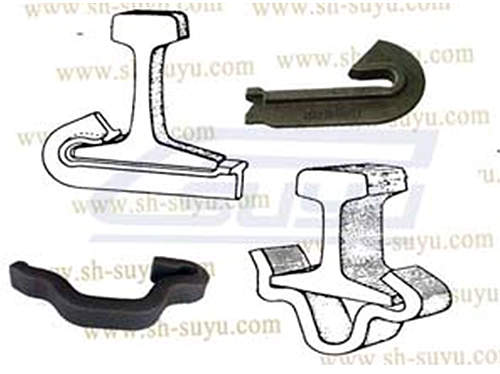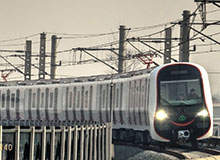Shanghai Suyu Railway Fastener (SUYU) is one of the leading manufacturers of rail fastening in China. We supply proven and reliable rail fastening to our customers with competitive prices, dependable quality and very attentive customer service.
With advanced technology, powerful processing and excellent service, our products have been BV and SGS inspected and are well recognised by all of our customers. We hold ISO 9001-2008 accreditation, audited supplier certificates from SGS, and have been awarded the production licence from China’s Railway Ministry for the supply of rail fastening.
Rail fastening systems
SUYU particularly specialises in the design and manufacture of different types of rail fastening systems. These include I and II series (Chinese standard), W-7 and W-8 series (Chinese high-speed line standard), SKL series (German standard), and all other kinds according to special requirements.
Our rail fastening systems have served Chinese and international railways for almost a decade. They have been successfully used in both new track laying and maintenance for existing railroads worldwide. Our services ensure that we supply every detailed part of the whole system with first-class quality at the most reasonable prices.
PR-type, e-clip and spring sheet systems for railways
Besides the traditional PR-type and e-clip systems, SUYU can also supply the spring sheet system, which uses the Nabla clip together with an insulator, rubber pad and bolt.
Fishplates, bolts and nuts
Fishplates are used for joining two rails together from the same or different sections. We produce various kinds of fishplates for different rails, including the UIC54, IC60, GB50, S49, 115RE, 136RE, which are produced most often. We also produce fish bolts and nuts.
Rail anchors for fastening systems
SUYU manufactures different types of rail anchors. Rail anchors are used where the fastening system requires extra creep resisting arrangement. When driven in rail feet, the rail anchor grips the rail firmly, which can resist longitudinal movement of the rails caused by passing trains.


